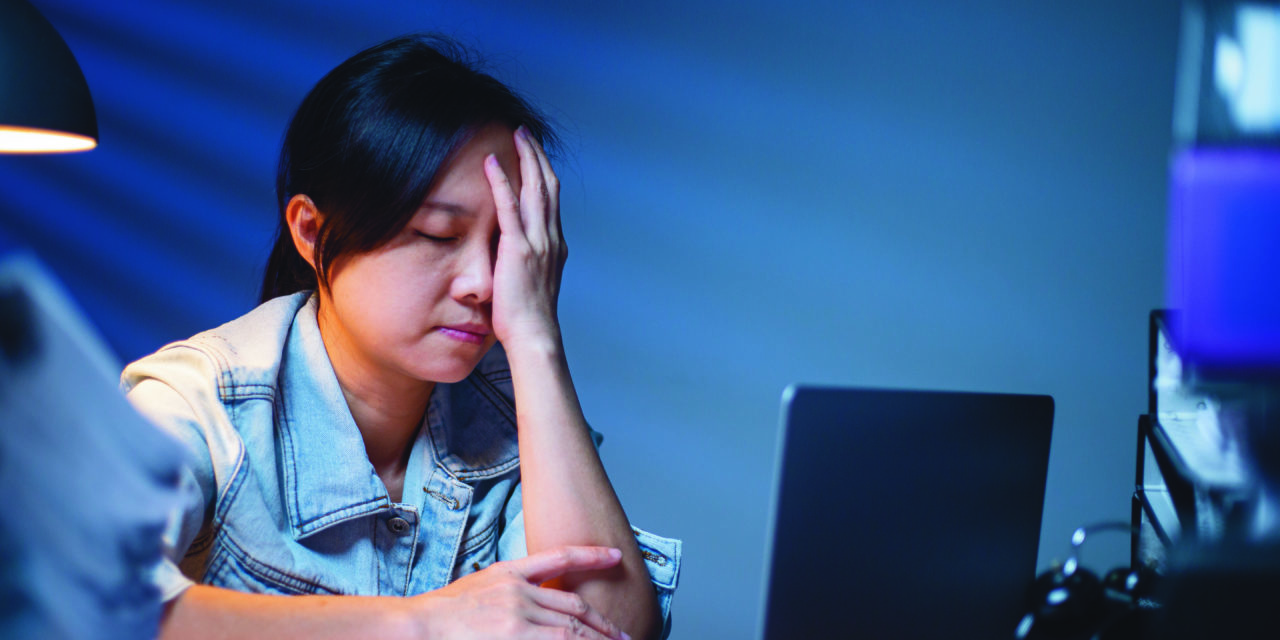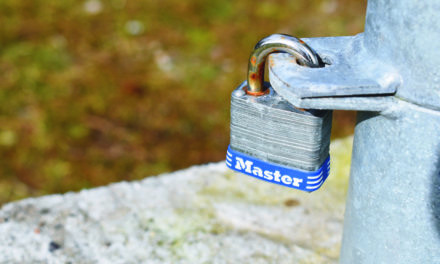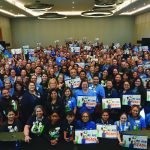Britain’s Trades Union Congress found that in 2018, 5 million U.K. workers worked more than 2 billion uncompensated hours.
According to In These Times, the problem only worsened during the pandemic. In October, the online magazine reported that remote workers averaged 2.5 hours of extra work daily in the U.K., Austria, Canada, and the United States.
The magazine says that the “U.S. has a history of ‘workaholism,’ working more hours than almost any other wealthy country.”
Stating that “the combination of bootstraps culture, weak labor laws, and an almost nonexistent social safety net keep workers dependent on crappy, all-consuming jobs.”
According to Forbes magazine, “unpaid overtime is on the rise.”
In a recent study, People at Work 2021: A Global Workforce View, ADP Research Institute reported that unpaid overtime jumped to 9.2 hours per week on average, up from 7.3 hours in 2020. ADP’s report says that two-thirds, or 67 percent of the global workforce, say that they have had to compromise between their work and their personal life because of the impact of the pandemic, with women and parents disproportionately affected.
Nela Richardson, ADP Chief Economist, says that the trend in unpaid hours is “unsustainable” in the long term.
Beyond working more hours in a day, workers are also working when sick. Pre- covid if you woke up in the morning with a sore throat or a runny nose, you might take the day off to avoid infecting your coworkers. But telework has changed all that. Sick days are disappearing, not because we don’t have them, although many workers don’t, but because people are working through sickness.
Before Covid, low-wage workers who couldn’t afford to take an unpaid day off made up the bulk of those who would work sick. But in 2020, 70 percent of Americans working from home surveyed by OnePoll said they had worked while feeling ill. The poll, commissioned by cold medicine maker ColdCalm, surveyed 2,000 workers about their use of sick days. In addition to working when sick, 63 percent said they did not feel a sore throat alone justified taking time off, and nearly half of respondents believe that Covid made other illnesses look minor.
But toughing it out isn’t beneficial to anyone. Among those surveyed who worked from home when sick, 52 percent said their performance “decreased considerably” during their illness. According to the American Productivity Audit, a phone survey of U.S. workers designed to quantify the impact of health conditions on work, lost productive time due to health-related issues cost employers $225.8 billion per year.
Employees fear they will lose their jobs if they take time off, and nearly six in 10 workers in the OnePoll survey said they believed that working while sick gave them more credibility with their coworkers or employers.
The work culture in the U.S. is partly to blame, says HR specialist Dan Schawbel. “It’s part policy, and it’s part cultural. And people don’t really talk about the cultural part.”
Schawbel told Axios in November that firms can’t “just dole out paid sick time and expect employees to feel comfortable taking it. It is up to the executives and managers to push employees to use that time—and to publicize when they take it themselves to set an example.”








